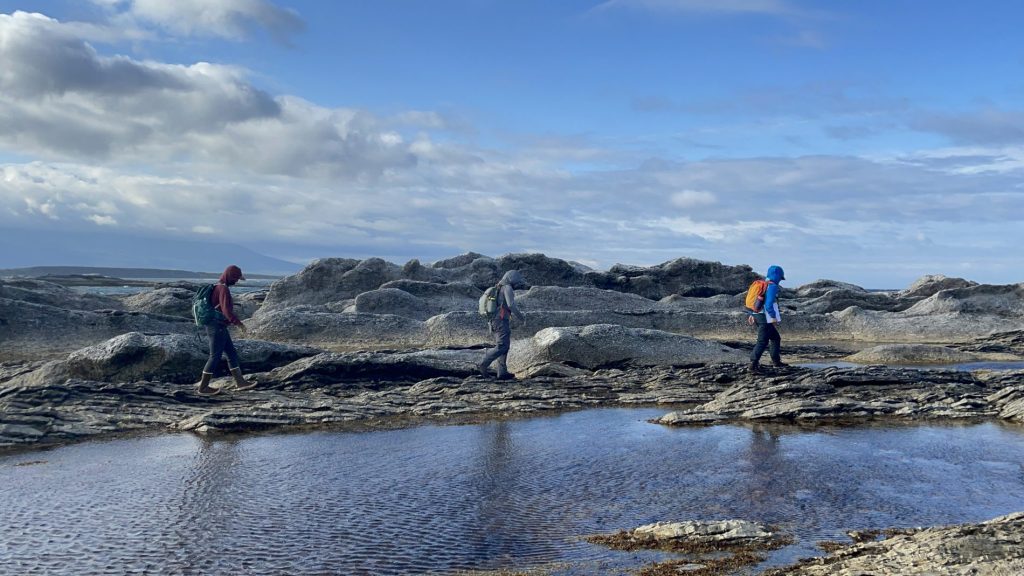
With fieldwork trips often planned down to the minute, discussion of where and when bathroom breaks occur is a common conversation among researchers. Commonly left out of these conversations is the topic of periods.
Researchers from England’s Liverpool John Moores University, Sarah Dalrymple and Tim Lane recently published an article about breaking the taboo of menstruation in the field for researchers to make the experience more inclusive.
For many disciplines, such as ecology and the geosciences, fieldwork is an integral part of research. It allows scientists to gather data outside of a lab by collecting samples or through observations to test their hypotheses. It can last from weeks to months, meaning that researchers who experience periods have to manage their cycle during these trips.
Even when menstruation is discussed, Assistant Professor of Earth and Space Sciences (ESS) Michelle Muth described how it can still make fieldwork uncomfortable.
”In general, being a woman in the field and needing to find private areas is often a barrier, or… a point of discomfort when doing fieldwork because often times, the person who’s organizing the trip is someone who hasn’t had to worry much about it because they can just kind of duck behind a tree and it’s fine,” Muth said. During trips planned by other people, Muth has found that the duration of scheduled bathroom breaks are often insufficient for those needing to change and pack out a menstrual product.
Geosciences has one of the lowest diversity rates among the STEM fields, and Muth said that talking about periods can be difficult if someone already feels like they do not belong in the field.
Sabrina Kainz, an ESS Ph.D. student, said that to make the geosciences more inclusive, these conversations need to happen. ”It’s one of those things that a lot of people have to deal with and if you want to include more women, especially in the geosciences, you kind of have to get around that [taboo],” Kainz said.